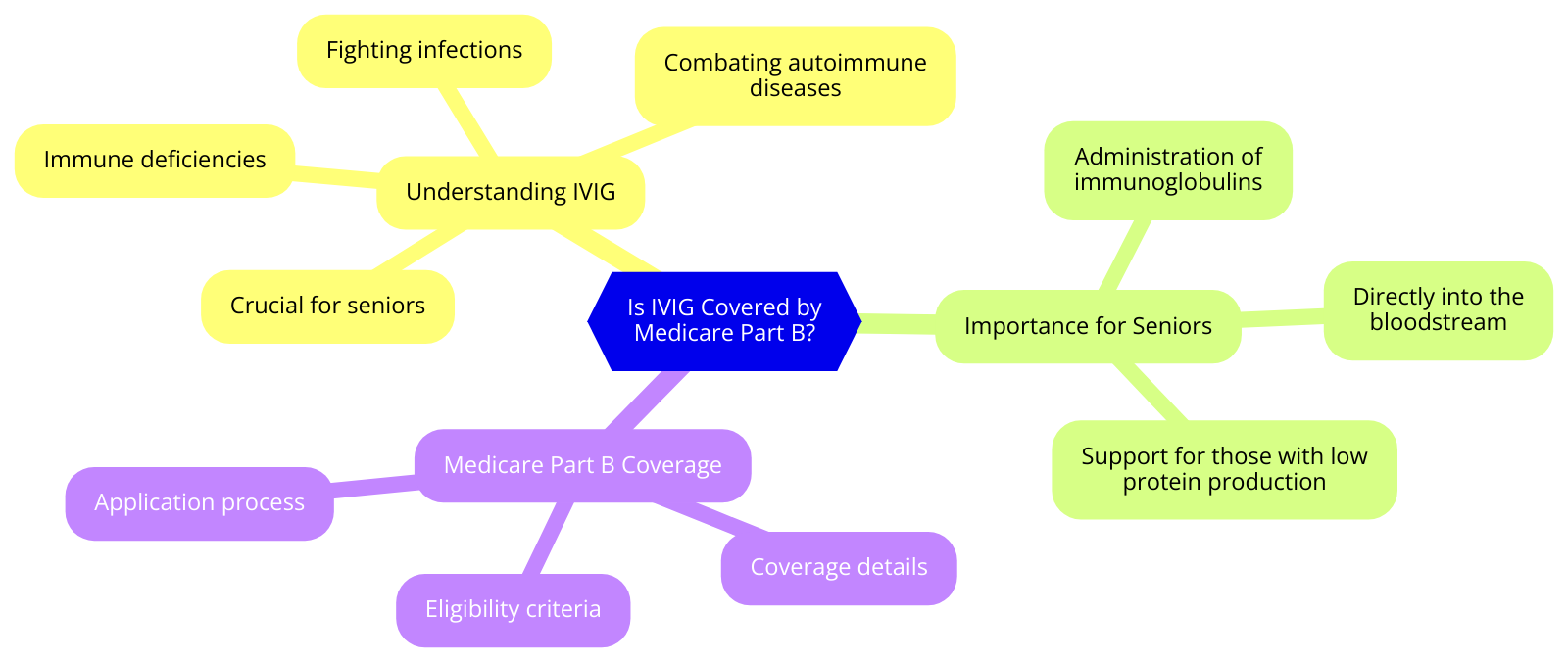Understanding IVIG: A Lifeline for Many Seniors

Understanding IVIG: A Lifeline for Many Seniors
Intravenous Immunoglobulin (IVIG) therapy is crucial for seniors combating autoimmune diseases infections and other immune deficiencies. This treatment involves the administration of immunoglobulins—vital proteins used by the immune system to fight off various pathogens—directly into the bloodstream providing essential support for those whose bodies do not produce enough of these proteins on their own.
Medicare Part B and IVIG: What You Need to Know
Does Medicare Part B Cover IVIG?
Yes, Medicare Part B does cover IVIG but only under certain conditions.
Medicare Part B primarily provides for outpatient medical services including doctor visits preventive services and specialized treatments like IVIG for approved medical conditions. This coverage is vital for seniors allowing them to access necessary treatments without the looming stress of high medical costs.
Specifics of Coverage Under Medicare Part B
- Coverage Scope: Medicare Part B covers 80% of the approved amount for IVIG after the deductible is met leaving the remaining 20% potentially covered by supplemental insurance such as Medigap.
- Administration Settings: This coverage includes both the cost of the IVIG itself and the services related to administering the treatment whether in a doctor’s office or at home for homebound patients.
Expert Insight
Henry Beltran from Medicare Advisors Insurance Group points out:
“Many seniors are not fully aware of the benefits available under Medicare Part B especially when it comes to treatments like IVIG. Knowing your coverage can significantly reduce out-of-pocket expenses and stress.”
Conditions Covered by Medicare Part B for IVIG
Medicare Part B covers IVIG for specific conditions including:
- Chronic Inflammatory Demyelinating Polyneuropathy (CIDP)
- Primary Immune Deficiency Disease (PIDD)
- Other conditions as approved by Medicare
Consulting with your healthcare provider is essential to confirm that your specific condition is covered for IVIG treatment under Medicare Part B.
The Impact of Medicare Coverage on Seniors
The assurance that treatments like IVIG are covered under Medicare Part B can provide both emotional and financial relief for seniors. The fear of high medical bills can be daunting and knowing that Medicare helps cover these costs allows patients to focus more on their health and recovery rather than financial worries.
Personal Opinion on Medicare’s Coverage
In my view Medicare’s coverage of IVIG under Part B highlights the program’s dedication to providing necessary treatments to seniors. However it’s crucial that information about these benefits is continuously updated and made accessible to ensure all eligible beneficiaries can access the treatments they need.
Where to Find More Information
For more details about Medicare Part B and IVIG coverage visiting respected sites like Medicare.gov or consulting with experts like Henry Beltran can offer additional insights and the most current information.
Find Medicare Plans in 3 Easy Steps
We can help get up to $0 monthly premium Medicare plans
Conclusion
Understanding your Medicare options and the specifics of IVIG coverage is not just about medical necessity—it’s also about securing peace of mind during the later years. By staying informed and consulting with healthcare providers and Medicare advisors seniors can effectively manage their healthcare needs and make full use of the benefits available under Medicare.
4





